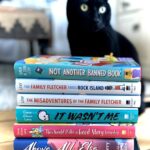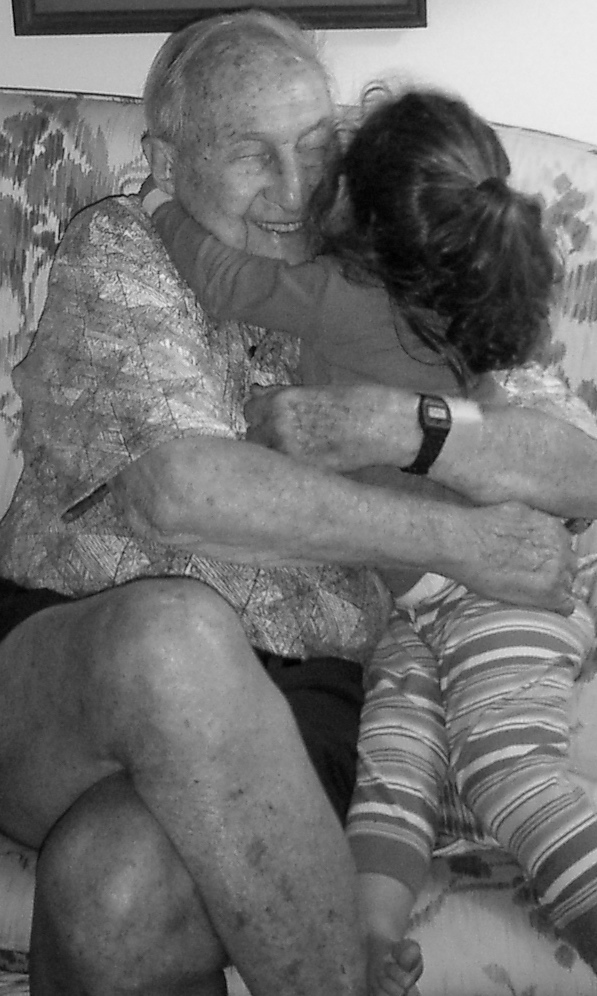Loss
My grandfather died last week, at 92. He was a glorious man; funny, intelligent, curious, and deeply, deeply kind. He was passionately interested in nature, the universe and the unknown and emerging world of science. He would sometimes burst forth at random moments with facts about the Emperor Penguin or Mars, a habit that we all mimicked and teased him for. We will miss him. Even though everyone in my family agrees that he lived a lucky and wonderful life, and a graceful and quick death, there is a loss.
Loss is a funny word. People say, “sorry for your loss” or “we heard about your loss” and the word rings true, because we did lose something in our lives. Loss is exactly the right word for the feeling when someone is gone, because mostly, you go on like usual, working, eating, laughing, paying bills…whatever. Until that moment that is like when you frantically pat your pants pockets for your wallet, or reach on top of your head for your glasses and realize…you’ve lost them. Loss sneaks up on you at odd times, when you’re reaching for the phone to call the person, or you speak of someone in the present tense, instead of the past.
Small Girl and Large Boy were with me when we celebrated my grandfather’s life. They miss him too, but their scope of sorrow is smaller, because their frame of reference is smaller. When I told Small Daughter she teared up, then promptly told me how she missed Aunt Liz’s dog Buddy, who had died a few years earlier (and who she had not known particularly well). But I understood what she meant. She was making a connection as best she knew how.
In children’s and young adult books the subjects of death and loss make regular appearances. Last year I debated whether Large Boy was old enough to read Harry Potter six and Seven, which reduced me to sobbing floods. (*Spoiler alert for the two people in the world who don’t actually know what happens in these books). Those were some dark books, for those of us who started giving the books to eight-year-olds. The death of Dumbledore in Six, and the numerous deaths in Seven, as well as Harry’s own willingness to walk to his death to save others…well, these were some difficult, heart-wrenching moments.
But a friend of mine pointed out that my experience reading them was bound to be very different from that of my son. I was, she said, bringing my 36 years of various losses to these books. A child’s reading of them brings a different and more limited life experience, one that hopefully is not overly filled with loss. In the end, I let him read the books (was I really going to go to the mat over a Harry Potter book? I don’t think so). And he cried. And I cried watching him cry.
This week, as we mourned our loss and said our goodbyes, Large Boy reminded my family about another part of the Harry Potter books, back in the very first one, which even Small Daughter has read. In it, Dumbledore is talking about the decision to stop taking the elixir of life and allow himself to die, made by one Nicolas Flamel, aged 663 (or thereabouts). Dumbledore explains, “After all, to the well-organized mind, death is but the next great adventure.”
Bon voyage, Poppi.













Loss is such a mystery and so is our understanding — no matter how many books we read or even experience it. I thought that either in late middle age or early old age (68) I’d have a greater understanding of it — but actually each one feels different (although I am touched and for honesty’s sake, have to admit ,that it was my dog Buddy that Isabel misses. But he was a Tibetan terrier and he had many Tibetan prayers read for him.
What touches me the most is that all generations seem to come together over loss….and that is a mystery to ponder.